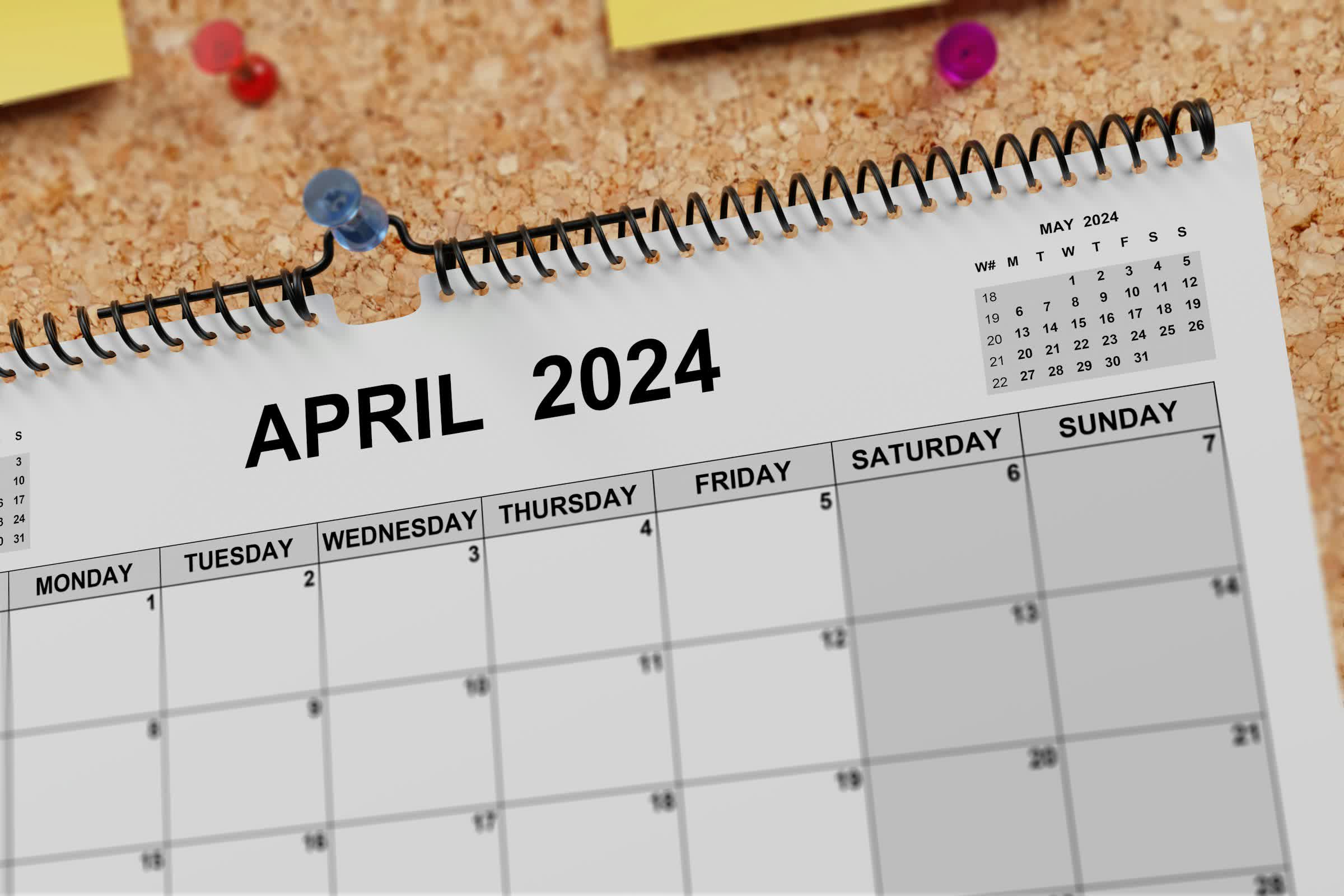Facepalm: Generative AI instruments are in a position to carry out the kinds of duties that after appeared the stuff of sci-fi, however most of them nonetheless wrestle with many primary abilities, together with studying analog clocks and calendars. A brand new examine has discovered that total, AI programs learn clock faces appropriately lower than 1 / 4 of the time.
A staff of researchers at Edinburgh College examined some high multimodal massive language fashions to see how effectively they may reply questions based mostly on photographs of clocks and calendars.
The programs being examined had been Google DeepMind’s Gemini 2.0, Anthropic’s Claude 3.5 Sonnet, Meta’s Llama 3.2-11B-Imaginative and prescient-Instruct, Alibaba’s Qwen2-VL7B-Instruct, ModelBest’s MiniCPM-V-2.6, and OpenAI’s GPT-4o and GPT-o1.
Varied sorts of clocks appeared within the photographs: some with Roman numerals, these with and with out seconds arms, completely different coloured dials, and so forth.
The programs learn the clocks appropriately lower than 25% of the time. They struggled extra with clocks that used Roman numerals and stylized arms.
The AI’s efficiency did not enhance when the seconds hand was eliminated, main researchers to recommend that the issue comes from detecting the clocks’ arms and deciphering the angles on a clock face.
Utilizing 10 years of calendar photographs, the researchers requested questions resembling what day of the week is New 12 months’s Day? and What’s the 153rd day of the 12 months?

Even probably the most profitable AI fashions obtained the calendar questions unsuitable 20 p.c of the time.
The success charges different based mostly on the AI system getting used. Gemini-2.0 was the very best scorer within the clock check, whereas GPT-01 was correct 80% of the time on the calendar questions.
“Most individuals can inform the time and use calendars from an early age,” mentioned examine lead Rohit Saxena, from Edinburgh College’s College of Informatics. “Our findings spotlight a big hole within the skill of AI to hold out what are fairly primary abilities for individuals. These shortfalls have to be addressed if AI programs are to be efficiently built-in into time-sensitive, real-world purposes, resembling scheduling, automation and assistive applied sciences.”
Aryo Gema, one other researcher from Edinburgh’s College of Informatics, mentioned, “AI analysis in the present day typically emphasises complicated reasoning duties, however sarcastically, many programs nonetheless wrestle on the subject of easier, on a regular basis duties.”
The findings are being reported in a peer-reviewed paper that can be introduced on the Reasoning and Planning for Massive Language Fashions workshop at The Thirteenth Worldwide Convention on Studying Representations (ICLR) in Singapore on April 28. The findings are at present obtainable on the preprint server arXiv.
This is not the primary examine this month displaying AI programs nonetheless make loads of errors. The Tow Heart for Digital Journalism studied eight AI search engines like google and yahoo and located that they’re inaccurate 60 p.c of the time. The worst offender was Grok-3, which was 94 p.c inaccurate.

